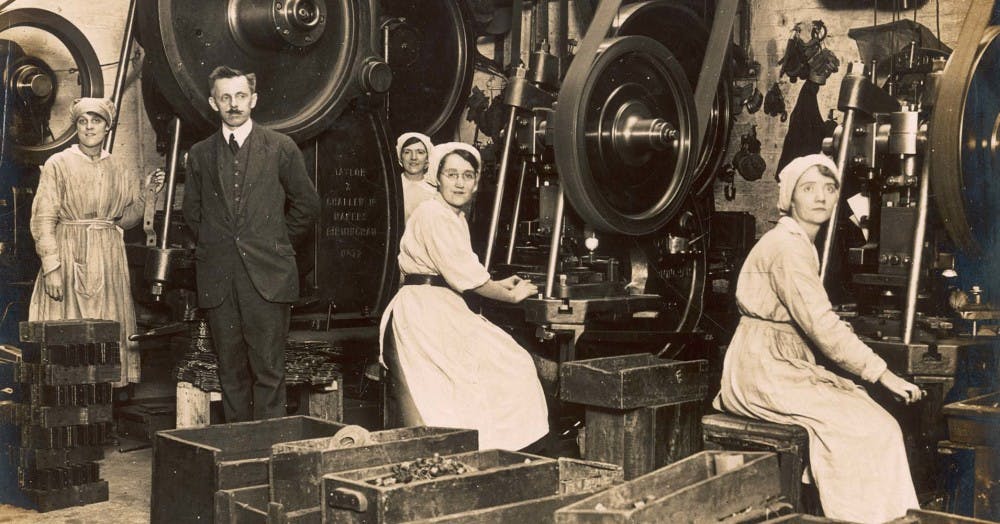LGC ASSURE Insights Edition 11, Ethical Trade - August 2023
The latest trends in food safety and assurance, this month with a focus on ethical trade
8 September 2023

Share this article
Ethical Trade – doing business the right way
Welcome to the eleventh edition of LGC Assure Insights, a free digital newsletter to support your food safety management journey. This edition focuses on the importance of social compliance throughout the entire the supply chain to support workers and eliminate exploitation.
Previous editions of LGC Assure Insights, available to you in the archive, have covered topics including continuous professional development, allergens, food fraud, third-party certification and many more.
LGC Assure Insights is different from other news sources as it combines otherwise unpublished food safety management data held across LGC Assure with real-time events to provide an unparalleled view of current and emerging issues and trends. And, of course, it is free.
Ethical Trade
Let’s turn to the main topic for this edition: ethical trade. Ethical trade is about ensuring that fundamental human rights have been offered to everyone in the global supply chain of products and services. The terms ‘social compliance’ and ‘ethical trade and responsible sourcing’ are often used synonymously and describe the measures taken to protect the rights, health and safety of employees and workers in the supply chain.

The history of ethical trade dates back over 100 years to the establishment of the International Labour Organisation (ILO) in 1919 as part of the Treaty of Versailles that ended World War I. The ILO was formed to reflect the belief that universal and lasting peace could only be achieved if it were based on social justice. In its formation, the key areas of need were identified as regulation of working time and labour supply, the prevention of unemployment and the provision of an adequate living wage, social protection of workers, children, young persons and women.
In 1946 the ILO became a specialised agency of the newly formed United Nations where it has remained to this day. It is a tripartite agency bringing together governments, employers and workers with the mission “to promote rights at work, encourage decent employment opportunities, enhance social protection and strengthen dialogue on work-related issues”.
The ILO provides the benchmark for labour standards across all sectors but, recognising the specific needs of grocery supply chains in particular, a group of companies, trade unions and non-governmental organisations launched an initiative to specifically protect the rights of workers in grocery global supply chains that resulted in the creation, in 1989, of the Ethical Trading Initiative (ETI).
To continue reading this exclusive content…
Access Participate
This content is exclusive to users with access to Participate
Certificated sites, certification bodies and BRGCS approved training partners, auditors and consultants can request access to our online library, Participate. To be able to access Participate content you must sign up for a free account on the LGC Assure platform and then request access to Participate.
Find out more